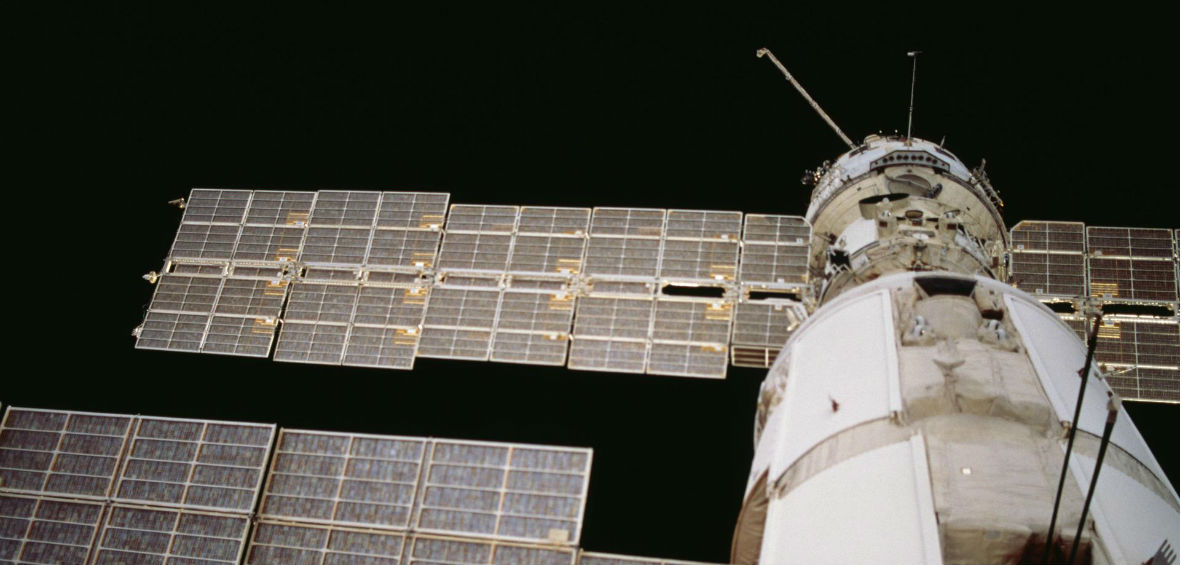Julie Robinson is someone who really has her head in the clouds, or better yet even higher, the stars. She is the chief scientist for the International Space Station, a University of Nevada, Reno alumna and the next speaker for the Discover Science Lecture Series on Thursday, Nov. 9.
This lecture is ideal for people who find themselves looking up into the stars, heading to a hospital or considering a career in public service.
Her lecture will be about the rewards of researching in space. Working in space provides a unique opportunity because one can "control gravity as a variable," as Robinson explains it. This environment has helped the ISS lead discoveries into the treatment of bone disorders, creation of metal alloys and better responses to natural disasters.
"There are people on Earth today who would not be alive if it weren't for the new technologies and scientific research developed for the space station," Robinson said.
Aside from research into medicine and treatment, she cites robotically-assisted surgery as a major byproduct of the research and technology made possible by the ISS. Without the ISS, the technology that allowed for robot arms to work inside an MRI machine would not have been produced.
Robinson graduated from the University with a doctorate in ecology, evolution, and conservation biology in 1996.
"Sometimes people wonder how I wound up doing space research when my Ph.D. was in ecology and conservation biology," she said. "The thing that I brought away from my time at Nevada was a way of thinking across disciplines."
She first started working with NASA when she was doing her own research creating maps using Earth remote sensing, which is the process of reflecting energy off the Earth.
"I wanted work where what I did as a scientist had an impact on everyday life," she said. "I needed to be able to share that impact with the public."
She has advice for people weary of working in government.
"One of the greatest advantages of being a civil servant is knowing that the work you do each day is to serve the public. NASA is an amazing government agency to work for because our daily jobs are helping increase the peaceful cooperation in the world, helping industry innovate to improve our economy and yes, helping humans take the next step to leave Earth's orbit someday."
Robinson's lecture will be the last one of the fall semester. The series picks back up in the spring with University of Maryland theoretical physicist James Gates, Jr. on March 8, 2018. The last speaker will be University trustee and bio-pharmaceutical researcher Mick Hitchcock on April 5.
The Discover Science Lecture Series was founded by the University's College of Science in 2010, bringing the country's top scientists to campus to share their knowledge, research, and wisdom with the community.
Past speakers in the series include astrophysicists Michio Kaku and Neil deGrasse Tyson; Robert Ballard, who discovered the wreck of the Titanic; and Bill Nye the Science Guy.
Discover Science Lectures are always free to the public. They are held at the Redfield Auditorium in the Davidson Mathematics and Science Center on the University's Reno campus at 7 p.m. Free parking for the event is available on the top level of the Brian J. Whalen Parking Complex on North Virginia Street, next to the E.L. Wiegand Fitness Center.












